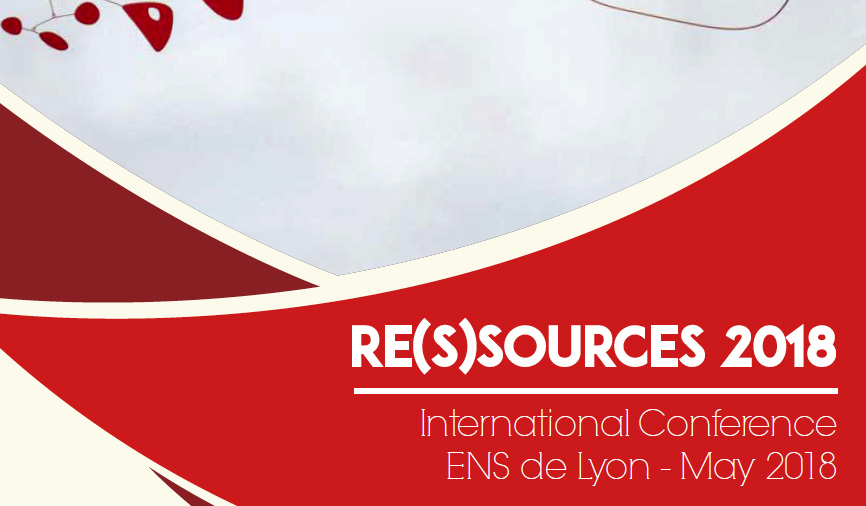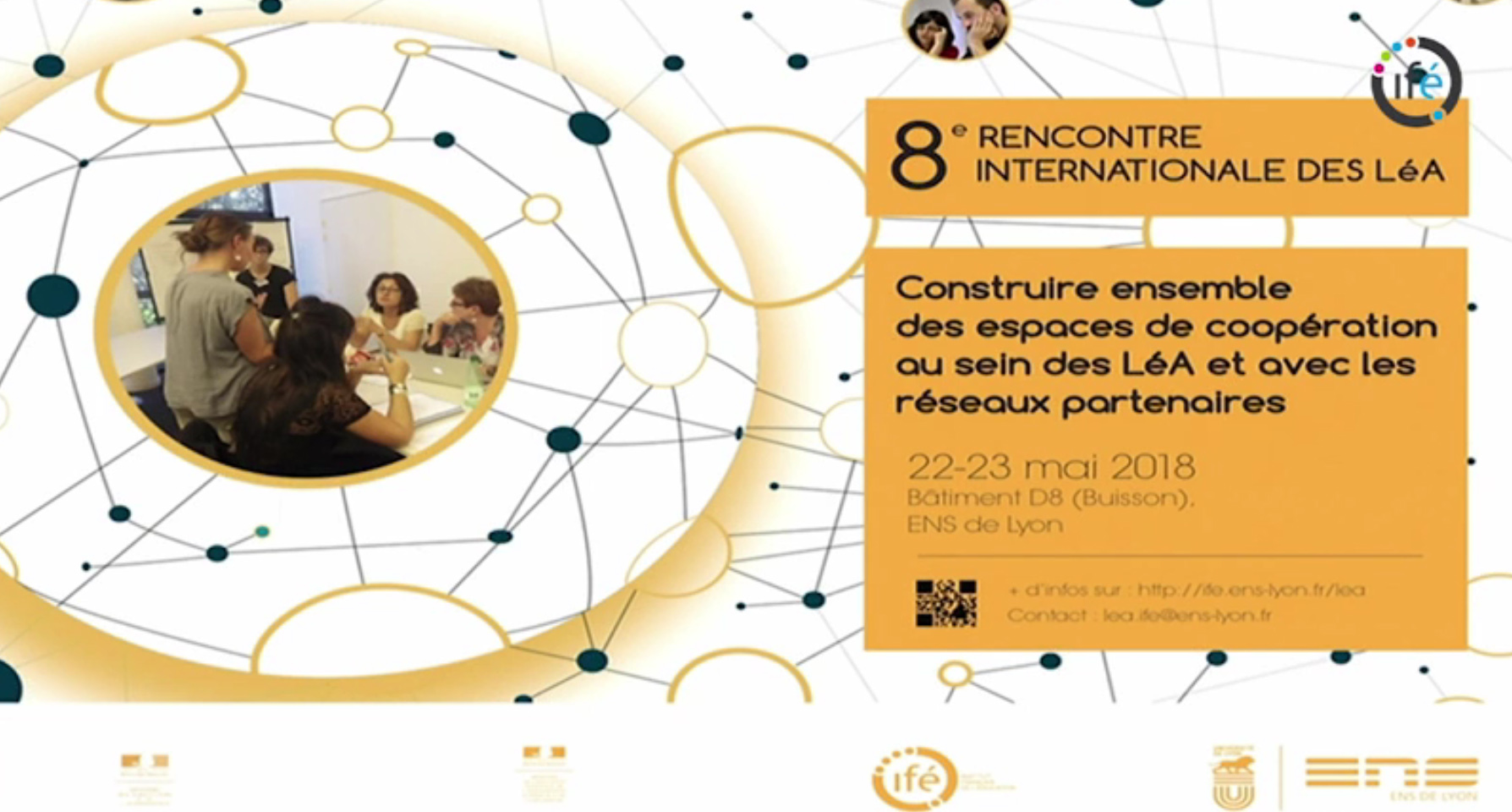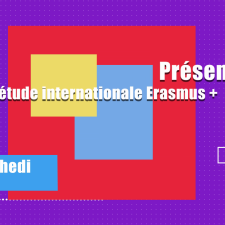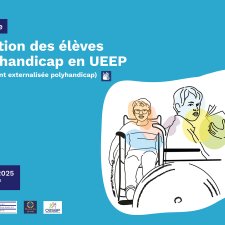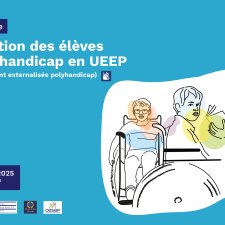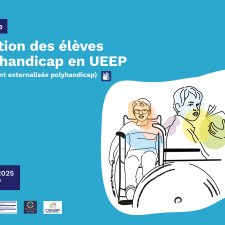Notice
Teachers collective work inside and outside school as an essential spring of mathematics teachers' documentation: Japanese and Chinese experiences
- document 1 document 2 document 3
- niveau 1 niveau 2 niveau 3
Descriptif
As opposed to the individualistic perspective that has seemed dominant in teacher’s work for teaching the lesson, one may find today a wide range of teachers’ collective works inside and outside school in different parts of the world, such as collective improvement of teaching practice in Japanese Lesson Study (Fernandez & Yoshida, 2004) and Chinese Teaching Research Group, and collective writing of mathematics textbooks in France (Sésamath series). In this lecture, we try to show how teachers’ collective work promotes documentational works on the resources including teaching material, lesson plan, textbooks, etc. for developing, communicating, sharing, and disseminating teaching practice and knowledge, through two East Asian examples which are comparative and complementary each other: the activities of mathematics teachers’ local circle outside school in Japan (Miyakawa & Winsløw, Online first) on the one hand, and Teaching Research Group inside school in China (Wang, 2011; Gu & Wang, 2003) on the other hand.
Gu, L.Y. & Wang, J. (2003). Teachers’ Professional Development in Action Education. Curriculum-Textbook-Pedagogy, 1(2), 2-10.
Fernandez, C. & Yoshida, M. (2004). Lesson study – a Japanese approach to improving mathematics teaching and learning. Mahwah: Lawrence Erlbaum.
Miyakawa, T. & Winsløw, C. (Online First). Paradidactic infrastructure for sharing and documenting mathematics teacher knowledge: a case study of “practice research” in Japan. Journal of Mathematics Teacher Education
Wang, J.P. (2012). Mathematics Education in China: Tradition and Reality. Singapore: Cengage Learning Asia Pte Ltd.
Letravail collectif des enseignants à l'intérieur et à l'extérieur de l'écolecomme élément essentiel de la documentation des enseignants en mathématiques:les expériences japonaises et chinoises
Contrairement à la perspective individualiste qui a semblé dominante dans le travail des professeurs pour l'enseignement d'une leçon, on peut trouver aujourd'hui un large éventail de travaux collectifs d'enseignants à l'intérieur et à l'extérieur de l'école dans différentes parties du monde, comme l'amélioration collective de la pratique de l'enseignement dans les Lesson studies au Japon (Fernandez & Yoshida, 2004) ou les Groupes de recherche sur l'Enseignement en Chine, ou encore l'écriture collective de manuels scolaires mathématiques en France (Sésamath). Dans cette conférence, nous essaierons de montrer comment le travail collectif des enseignants favorise les travaux documentaires sur les ressources, y compris le matériel pédagogique, le plan de leçon, les manuels scolaires, etc. pour développer, communiquer, partager et diffuser les pratiques et les connaissances didactiques, à travers deux exemples de l'Asie de l'Est qui sont illustratifs et complémentaires l'un de l'autre: les activités des cercles locaux d'enseignants de mathématiques en dehors de l'école au Japon (Miyakawa et Winsløw, Online first) d'une part, et les groupes de recherche sur l'enseignement à l'intérieur des écoles en Chine (Wang, 2011; Gu & Wang, 2003 ) d'autre part.
Gu, L.Y. & Wang, J. (2003). Teachers’ Professional Development in Action Education. Curriculum-Textbook-Pedagogy, 1(2), 2-10.
Fernandez, C. & Yoshida, M. (2004). Lesson study – a Japanese approach to improving mathematics teaching and learning. Mahwah: Lawrence Erlbaum.
Miyakawa, T. & Winsløw, C. (Online first). Paradidactic infrastructure for sharing and documenting mathematics teacher knowledge: a case study of “practice research” in Japan. Journal of Mathematics Teacher Education
Wang, J.P. (2012). Mathematics Education in China: Tradition and Reality. Singapore: Cengage Learning Asia Pte Ltd.
Thème
Documentation
Dans la même collection
-
Teachers’ Use of Mathematics Resources: A Look across Cultural Boundaries
RemillardJanineCurriculum resources are adopted in school systems around the world, often, to promote curricular coherence or reform (Pepin and Haggarty, 2001; Valverde et al., 2012).
-
The construct of 'resource system' as an analytic tool in understanding the work of teaching
RuthvenKennethEuclid's ingenious organization of mathematical material from different sources to form the Elements created a systematic text which served as a base for the study and teaching of mathematics for
-
Mathematics Teachers as Designers
PepinBirgitRuthvenKennethArtigueMichèleMiyakawaTakeshiXuBinyanGitiranaVerônicaThe goal of the panel discussion is to develop deeper understandings of the processes involved when teachers act as designers
-
How did mathematics teachers work four thousand years ago? Curricula and syllabuses in Mesopotamia
ProustChristineSurprising as it may seem, education in Mesopotamia is remarkably well documented. The reason for this abundance of sources is the nature of the writing support that was used in the Ancient
-
1. Reaction to conference: Gazing from the outside 2. A young researcher’s perspective as a start…
AssisCibelleChoppinJeffrey1. Réaction à la conférence : un regard de l’extérieur 2. Réaction d’une jeune chercheuse comme point de départ d’une réflexion approfondie sur la conférence
-
Opening Ceremony
TroucheLucAldonGillesPintonJean-FrançoisSoury-LavergneSophieThe theme of the Re(s)sources 2018 international conference is‘teachers interacting with resources’which will be discussed in seven plenary lectures, a plenary panel and four Working Groups. The
-
Reflecting on a theoretical approach from a networking perspective: the case of the documentational…
ArtigueMichèleOne decade ago, the documentational approach to didactics (Gueudet, Pepin, and Trouche, 2012) was just emerging.
-
Studying Teachers’ documentation work: emergence of a theoretical approach
GueudetGhislaineThe documentational approach to didactics is a recent theory –less than ten years old.
-
Evidencing the missing resources of the documentational approach to didactics, towards new programs…
TroucheLucThe development of a theoretical approach creates necessarily new needs, conceptual as well as methodological: when meeting new phenomena; when extending the study outside its initial field (in this
Avec les mêmes intervenants et intervenantes
-
Le travail collectif au Japon : le rapport entre chercheurs et acteurs du terrain
MiyakawaTakeshiLa lesson study au Japon est une pratique propre des enseignants, qui repose sur le travail collectif autour d’une leçon ou d’une série de leçons donnée (préparation, réalisation et évaluation),
-
Mathematics Teachers as Designers
PepinBirgitRuthvenKennethArtigueMichèleMiyakawaTakeshiXuBinyanGitiranaVerônicaThe goal of the panel discussion is to develop deeper understandings of the processes involved when teachers act as designers
Sur le même thème
-
Présentation du dossier journée Erasmus
Présentation du dossier en vidéo
-
- Le numérique au quotidien : pratiques et enjeux dans une classe soutenue par une ULIS-collège
AssudeTeresaFeuilladieuSylvianeBussezAlexandraMartinPerrineLe numérique au quotidien : pratiques et enjeux dans une classe soutenue par une ULIS-collège
-
Évaluer des usages du numérique à l'école primaire : un regard didactique sur des pratiques ordinai…
DupréFrédéricÉvaluer des usages du numérique à l'école primaire : un regard didactique sur des pratiques ordinaires
-
Usage du numérique dans une dynamique inclusive : impact d'une pratique coopérative sur l'accès aux…
Louge DupratMagalieUsage du numérique dans une dynamique inclusive : impact d'une pratique coopérative sur l'accès aux savoir.
-
Enjeux, principes et outils de l'observation in situ des usages pédagogiques inclusifs du numérique
BenoitHervéEnjeux, principes et outils de l'observation in situ des usages pédagogiques inclusifs du numérique
-
Le projet GTnum à l'échelle d'un territoire académique : témoignage de Julien Roche
RocheJulienLe projet GTnum à l'échelle d'un territoire académique : témoignage de Julien Roche
-
Un questionnaire académique pour donner à voir les pratiques numériques inclusives
DupréFrédéricBenoitHervéUn questionnaire académique pour donner à voir les pratiques numériques inclusives
-
Évaluer l'inclusivité d'un dispositif numérique dans l'éducation (GTnum) : état de l'art
Petry-GenayIsabelleBenoitHervéÉvaluer l'inclusivité d'un dispositif numérique dans l'éducation (GTnum) : état de l'art. Hervé Benoit et Isabelle Petry Genay, INSEI.
-
Ouverture de la journée GTnum#EvalNumInclus 2025
BenoitHervé"Évaluer l'inclusivité d'un dispositif numérique dans l'éducation"
-
Table ronde 2 | Scolarisation des élèves avec polyhandicap en UEEP (unité d'enseignement externalis…
AtlanEstherLeclercAurélieLewi-DumontNathalieTréfféCarolineAndréCécileZornSabineMise en commun des échanges qui se sont déroulés pendant les ateliers
-
Retour d'expériences sur une UEEP collège
Gervet-MouchainNoémieBuotKarineDeux enseignantes de l'IME de Lormaye (28), évoquent leur travail au sein de cet institut.
-
Retour d'expériences sur une UEEP primaire
CressonClarisseFétiveauCéciliaDeux enseignantes spécialisées évoquent leur travail au sein d'une Unité Externalisée Polyhandicap (UEP) de Seine-Saint-Denis (93)




